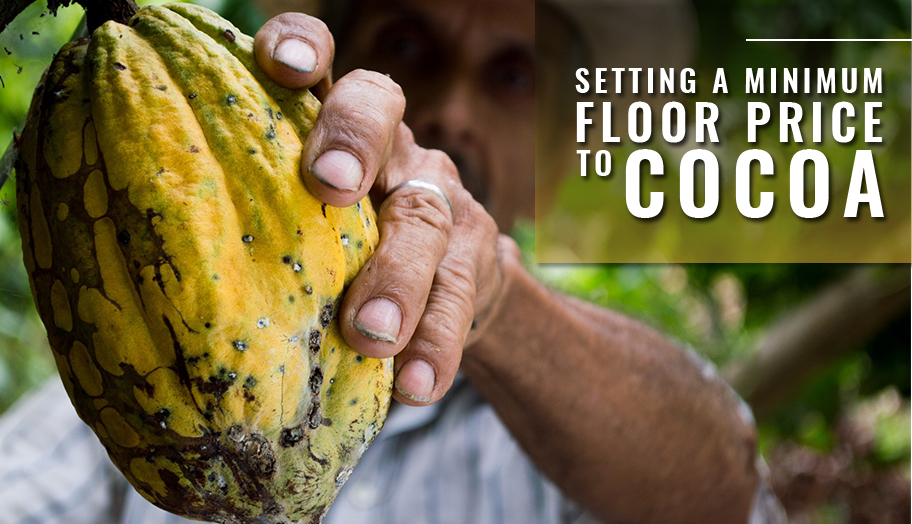The world’s biggest cocoa producers, Ivory Coast and Ghana have agreed to set a minimum floor price of $2,600 per tonne as a move to increase farmers’ incomes.
The two western African countries haven’t made a dent into the international cocoa prices despite producing almost two-thirds of the global reserve. For the past years, the price for cocoa has remained low due to overproduction.
For the past years, the price of cocoa is determined by the price for the suppliers. This has been the case since the 1900s and it is already draining farmers. The move for the increase will support workers’ efforts and their families.
Reuters reports that the new floor price also helps reduce child labor, which is a growing issue in cocoa production. Approximately 1.6 million children are reportedly engaging in cocoa production—some are even trafficked from other countries.
The decision to increase the price of cocoa can either support the farmers or cause problems in the future. Biggest chocolate companies can over stimulate production, which will affect its market price. In addition, these companies can turn to other suppliers to avoid the price increase. Aside from Ivory Coast and Ghana, nations such as Peru, Mexico and Cameroon also produce more cocoa.
Companies who rely on Ivory Coast for cocoa include Nestle and Cadbury, which are the world’s biggest chocolate companies. For the expected increase in the price of this major ingredient, these two companies sure to formulate strategies to avoid the price hike.
For experts in the cocoa market, the minimum floor price is considered ‘reasonable’. “Whether you look at average prices over 10 years or since 2000, you will come out somewhere between $2,400 and $2,600 [per tonne], so the suggested price cannot be considered unreasonable,” said Britain Nightingale Investment Management.













